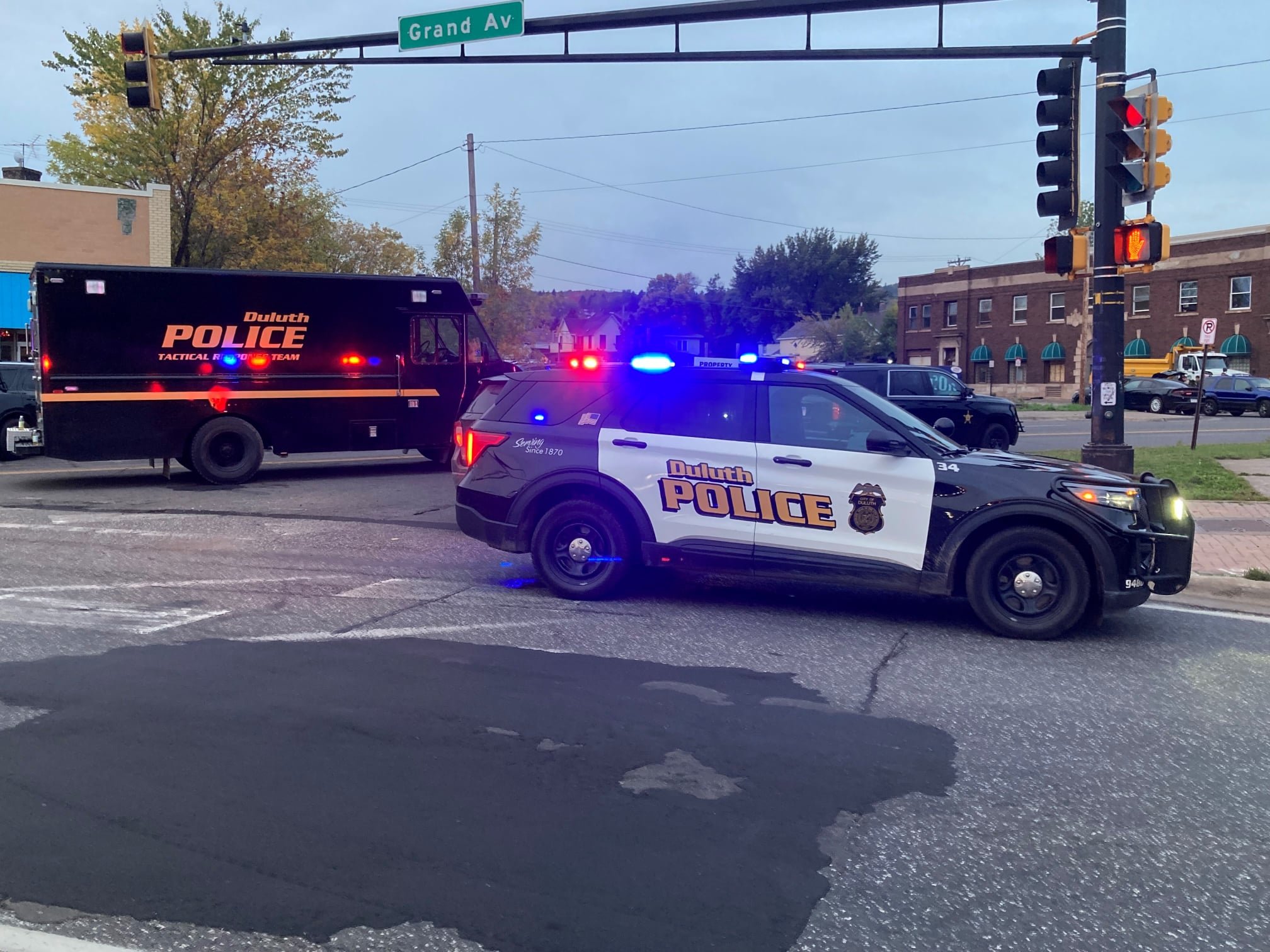The DPD Continues their Efforts in Improving Response to Sexual Assault Cases
Photo courtesy of Duluth Police Department
In 2015, the Duluth Police Department (DPD) reported the largest inventory of not-submitted sexual assault kits in the state. This was after Minnesota required law enforcement jurisdictions to provide an accounting of not-submitted sexual assault kits in their possession. The DPD held a total of 578 unprocessed sexual assault kits, the oldest dating back to 1993.
Within three years, the DPD submitted all eligible sexual assault kits for testing, required by the MN legislature, making it the first agency to eliminate their entire backlog.
Duluth’s success did not go unnoticed. Their diligence to eliminate the backlog of untested sexual assault kits brought along the attention of the Sexual Assault Kit Initiative (SAKI). Since 2015, SAKI has granted the DPD and Program to Aid Victims of Sexual Assault (PAVSA) yearly funding to strengthen the quality of reaction to sexual assault cases.
Mary Faulkner, site coordinator for SAKI, explained that federal funds were allocated to create multiple full-time positions designated to improve sexual assault response quality. This includes a Site Coordinator, Victim Advocate, Investigator, Evidence Technician, and most recently a Crime Analyst.
“Without federal grant funds, it would have been difficult—if not impossible—to focus on this issue with dedicated personnel and have the capacity to put in place more victim-centered, trauma-informed policies and practices,” Faulkner said.
SAKI provided financial support to the St. Louis County Attorney's Office for prosecutorial expertise and to the Minnesota Bureau of Criminal Apprehension (BCA) for scientists’ overtime and supplies to test sexual assault kits.
Additionally, the grant also paved the way to support PAVSA's Sexual Assault Nurse Examiner program and training opportunities on topics related to trauma, the value of DNA evidence, cold case investigation strategies and patterns of offender behavior.
The DPD now strives to submit sexual assault kits within 30 days. The inclusion of a standard timeframe simplifies the sexual assault kit-handling process for investigators and advocates to explain subsequent steps for victim-survivors.
In cases where victim-survivors do not give clearance for law enforcement access, these restricted kits are stored at the Minnesota BCA for up to 30 months.
Faulkner explained that the Duluth police wants to make quantifiable change to the process of reporting sexual assault and hold themselves accountable for their mishandling of sexual assault cases.
“When victim-survivors come forward to make a report to law enforcement they are putting their trust in us ... To begin to rebuild trust with our community, we need to take ownership of the problems and we need to apologize for the harm that's been caused,” Faulkner said.
By holding themselves accountable, PAVSA and the DPD continues to strive for the best ways to handle cases of sexual assault.

